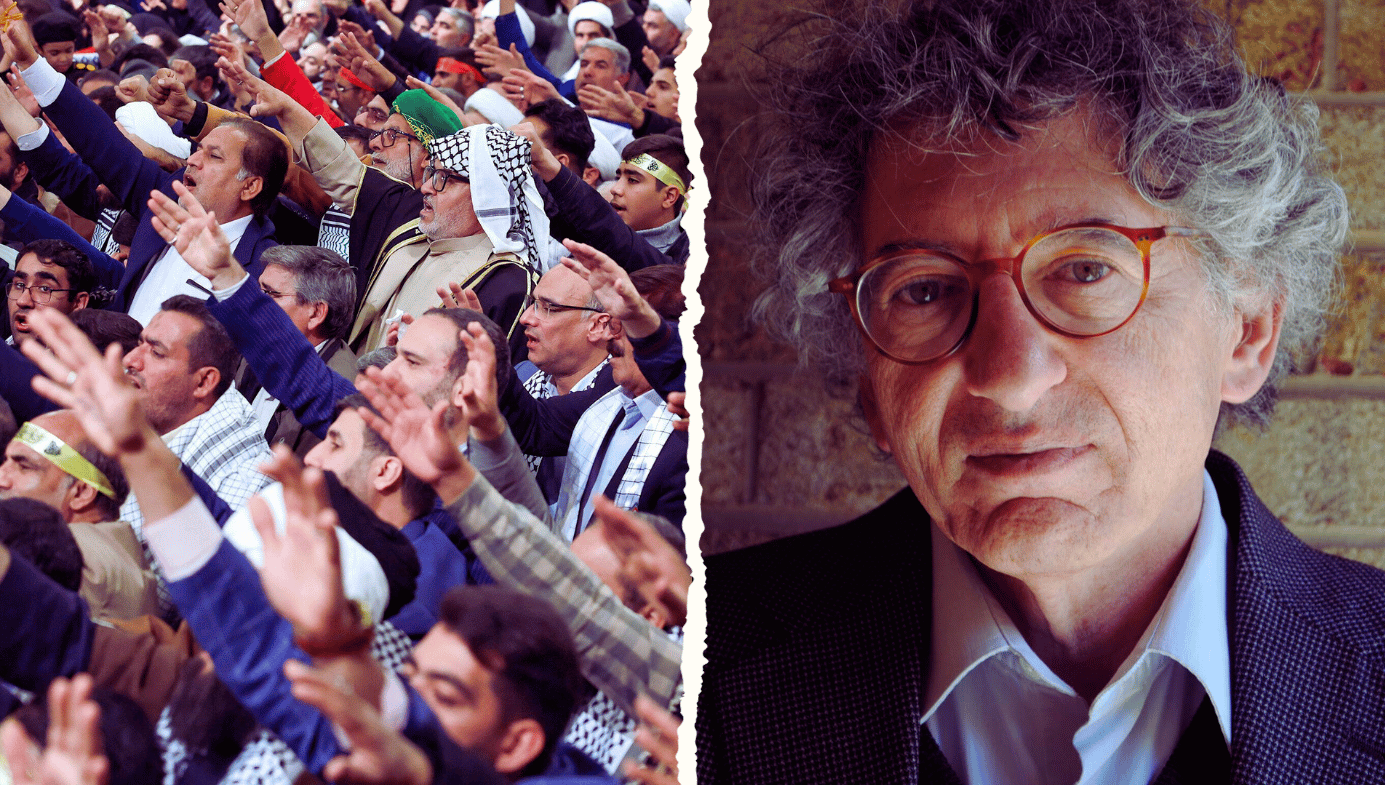Politics
A Historian for Our Moment
Jeffrey Herf has made a scholarly commitment to document the words of Islamic Jew-hatred from their origins in Egypt and wartime Berlin. That has made him a lonely voice in the American professoriate.

I.
It is now painfully obvious that much of the media was caught out by Hamas’s massacre of Israeli civilians on October 7, and even more so by the (sometimes violent) outbursts of Jew-hatred dressed up as “anti-colonialism” on the streets and elite campuses of the West. The young activists now embracing the world’s oldest hatred are not likely to fall silent any time soon. A recent Harvard Caps/Harris poll found that 60 percent of 18–24-year-olds believe that Hamas’s October 7 attack “can be justified by the grievance of Palestinians” [page 46], and 67 percent of the same cohort agreed with the statement, “Jews as a class are oppressors and should be treated as oppressors” [page 57].
Young journalists are fortunate to have the latest high-tech internet tools at their disposal, but their understanding of recent events in the Middle East would have been better served by reading a couple of books by the historian, Jeffrey Herf. Over the past two decades, the University of Maryland professor has produced a unique body of scholarship revealing an ideological symbiosis between Nazi Germany and the founding members of the Palestinian national movement. Herf’s deeply researched books and essays persuasively argue that the Nazis helped to place revolutionary antisemitism at the center of 20th-century Islamism and jihad, which then morphed into its present-day iterations in Iran, Lebanon, Gaza, and the West Bank. That makes Herf the essential historian for this very fraught moment for Israel, for world Jewry, and even for the secular, democratic West.
Herf’s most important scholarly discovery was of Nazi Germany’s campaign to win ideological and political adherents in the Arab world by using radio broadcasts and printed materials. This massive propaganda effort was supervised by Haj Amin al-Husseini—also known as the Grand Mufti of Jerusalem—who was the undisputed political and religious leader of the Palestinian Arabs from 1921–49. In the mid-1930s, Hitler’s regime began to look with favor on the Arab national movement led by Husseini in British mandatory Palestine, and the feeling was mutual. The Mufti sent Palestinian youth delegations to Hitler’s Nuremberg rallies and visited the German embassy in Jerusalem to express support for the Nazis’ approach to resolving the “Jewish Question.” He escaped to Germany in 1941 after participating in the abortive pro-Nazi uprising in Iraq and remained in Berlin until the collapse of Hitler’s regime, when he was detained by French occupation forces on suspicion of participating in German war crimes.





